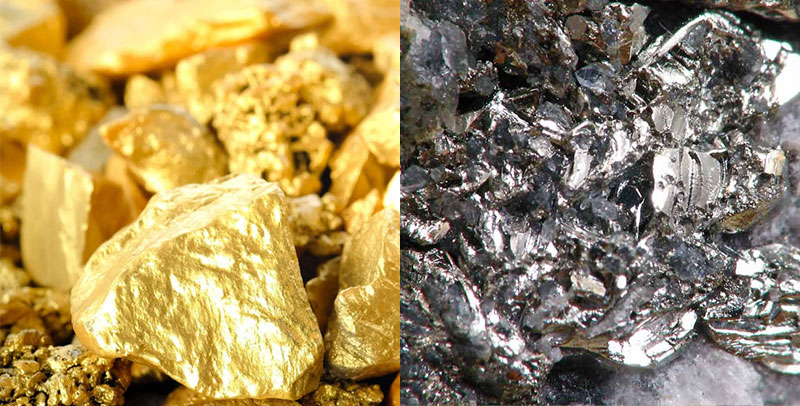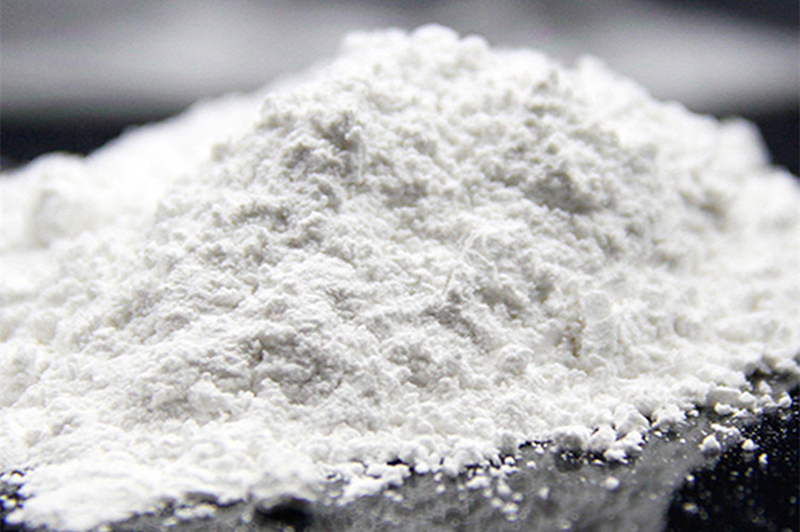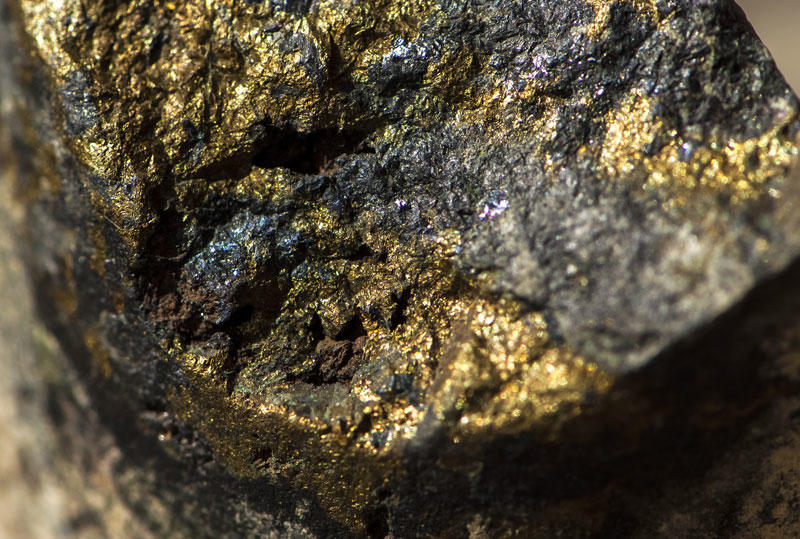
Palladium is a platinum series element in Group VIII of the fifth period, with the element symbol Pd. Elemental palladium is a silver-white metal, soft, with good ductility and plasticity, and can be forged, rolled and drawn. Now, let’s explore how to use thiourea to leach palladium.

Thiourea leaching is an interesting topic, especially when it comes to extracting gold and silver from various sources. Let’s dive into it:

Let’s discuss the synthesis of carbodiimides from thioureas. Carbodiimides are important reagents with various applications in organic synthesis. They serve as key intermediates in the preparation of nucleotides, glycol-conjugates, substituted guanidines, and various heterocycles. Here are a couple of methods for synthesizing carbodiimides from thioureas:

Leaching gold with thiourea involves several steps and considerations. Thiourea is an organic compound often used as an alternative to cyanide in gold leaching processes due to its lower toxicity. Here's a basic outline of how the process works:

Thiourea, with its diverse applications and remarkable properties, plays a pivotal role in various industries.

Sinhon Chemical: Your Trusted Thiourea Manufacturer and Supplier